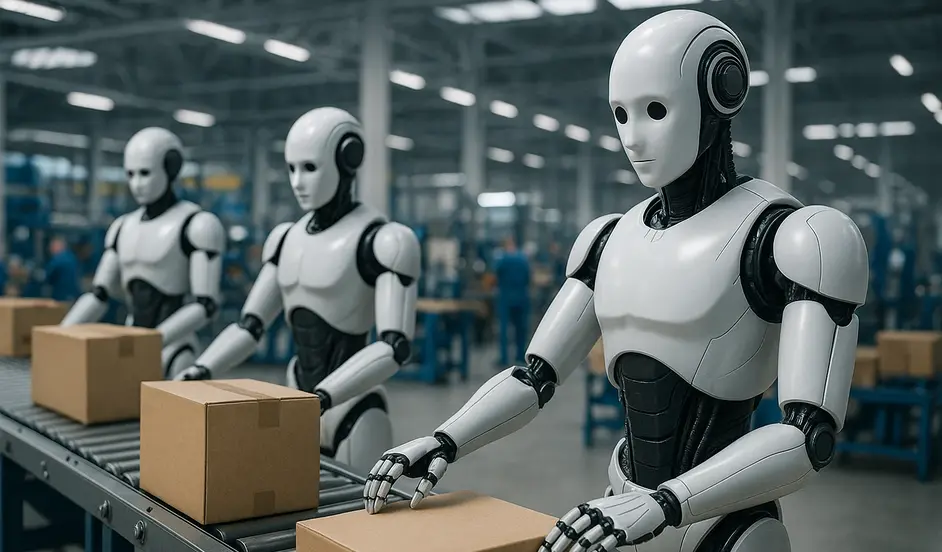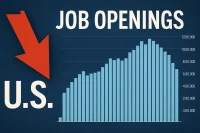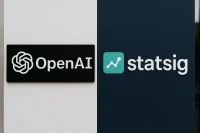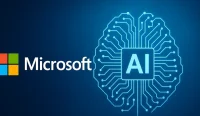The rise of embodied AI—artificial intelligence integrated into physical robots—is set to revolutionize the global economy. As we transition from a digital-first to a physical economy, the impact of intelligent machines will be felt across manufacturing, logistics, healthcare, and beyond.
The Physical Economy Transition
For decades, AI has primarily existed in the digital realm, powering software, analytics, and online services. Now, advances in robotics, sensors, and machine learning are enabling AI to interact with and manipulate the physical world. This shift is driving a new era of productivity and innovation, often referred to as the ‘physical economy.’
Market Opportunities
- Manufacturing: Smart factories are deploying collaborative robots (cobots) to automate assembly lines, quality control, and logistics.
- Logistics: Autonomous vehicles and drones are streamlining supply chains and last-mile delivery.
- Healthcare: Surgical robots and AI-powered assistants are improving patient outcomes and operational efficiency.
- Retail & Services: Service robots are enhancing customer experiences in stores, hotels, and restaurants.
Ready to Harness the Power of Robotics?
From cobots in factories to drones in logistics, surgical assistants in healthcare, and service robots in retail—automation is transforming industries. Stay ahead of the curve.
Explore Robotics Opportunities →Major Players
- Boston Dynamics: Renowned for advanced mobile robots like Spot and Atlas.
- ABB Robotics: Leading industrial automation and robotics solutions.
- Fanuc: Global leader in factory automation and robotics.
- Agility Robotics: Pioneering bipedal robots for logistics and delivery.
- Tesla: Developing the Optimus humanoid robot for manufacturing and beyond.
The Manufacturing Renaissance
Embodied AI is fueling a manufacturing renaissance, especially in regions seeking to reshore production and reduce reliance on global supply chains. Intelligent robots are making factories more flexible, efficient, and resilient, enabling mass customization and rapid adaptation to market changes.
Live Example: Amazon Robotics
Amazon has deployed over 750,000 robots in its fulfillment centers worldwide. These robots work alongside human employees to pick, pack, and ship millions of products daily, dramatically increasing efficiency and reducing operational costs.
FAQ
What is embodied AI?
Embodied AI refers to artificial intelligence systems that are integrated into physical robots, enabling them to perceive, interact with, and manipulate the real world.
How will embodied AI impact jobs?
While some repetitive jobs may be automated, embodied AI is expected to create new roles in robot maintenance, programming, and oversight, as well as drive growth in sectors like healthcare and logistics.
What industries will benefit most?
Manufacturing, logistics, healthcare, retail, and agriculture are among the sectors poised to benefit most from embodied AI.
Ready to Future-Proof Your Career?
Explore the latest opportunities in robotics, AI, and advanced manufacturing on WhatJobs. Stay ahead of the curve and join the embodied AI revolution!




